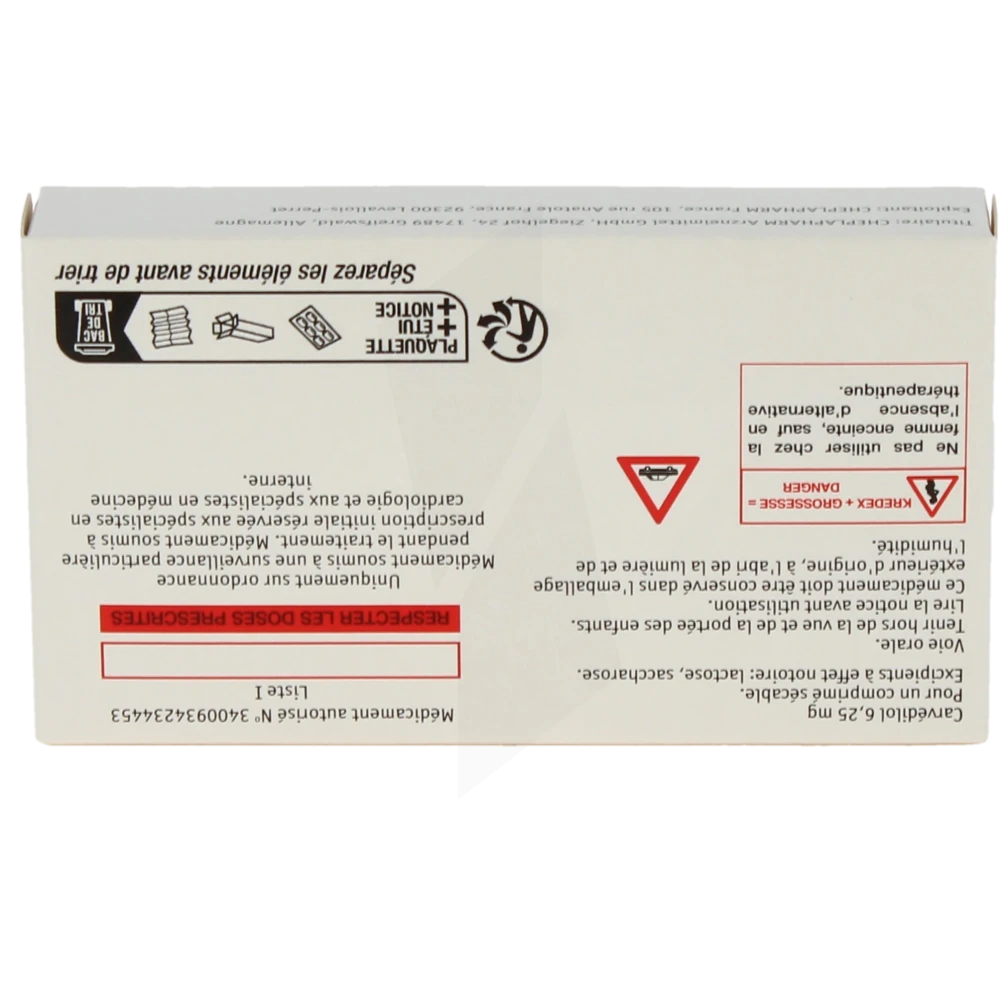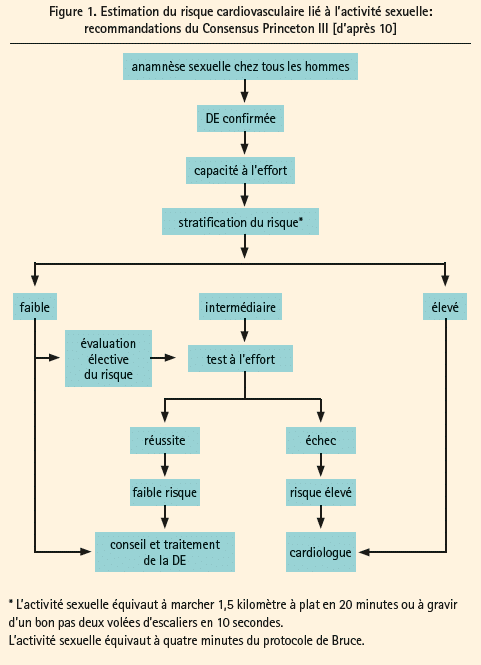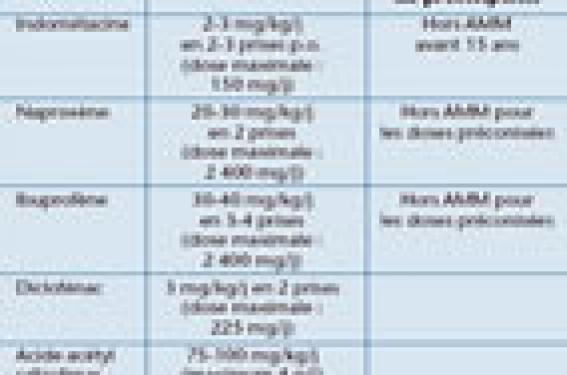Carvedilol is a medication often prescribed to treat cardiovascular conditions, including hypertension and heart failure. While its effectiveness is recognized, it is essential to be aware of potential side effects associated with this treatment. This introduction addresses the key elements that every patient should know regarding the medical prescription of carvedilol, as well as the adverse reactions that may occur.
The use of carvedilol requires special attention, especially when changes in treatment are considered or when factors such as alcohol consumption are present. Some adverse effects, such as dizziness, orthostatic hypotension, or bradycardia, may manifest, especially during the first weeks of treatment. Patients should be informed about the necessity of open communication with their doctor if unusual symptoms are experienced. It is also important to report the use of carvedilol before any surgical procedure or anesthesia to avoid complications. In the following lines, we will explore in detail the indications, dosage, as well as the side effects of this treatment.

Carvedilol is a medication belonging to the class of beta-blockers. It is primarily used in the treatment of hypertension and heart failure. As a physician, it is crucial to understand not only the benefits of this medication but also the potential risks associated with its use. The medical prescription should always be made with caution, taking into account the specifics of each patient, and the potential adverse effects that may occur during treatment.
Characteristics of carvedilol
Carvedilol works by blocking certain receptors in the heart and blood vessels, leading to a decrease in heart rate and a reduction in blood pressure. This medication can also improve the heart’s ability to contract and relax, which is particularly beneficial for people suffering from heart failure. Due to its effects on the cardiovascular system, carvedilol is often prescribed when other treatments are insufficient or when patients present complications.
There are several dosages of carvedilol, including 6.25 mg and 25 mg tablets, which allow for treatment to be adjusted according to the individual needs of patients. It is essential that the dosage is adjusted according to tolerance and the clinical reactions observed in the patient. Once the prescription is established, it is important to inform patients about adhering to the dosing schedule, preferably during meals, to maximize treatment effectiveness and minimize side effects.
Side effects of carvedilol
Like any medication, carvedilol is likely to cause side effects. These reactions can vary from patient to patient and may be influenced by factors such as age, weight, and other underlying medical conditions. Among the most frequently reported adverse effects are:
- Orthostatic hypotension: This manifests as a drop in blood pressure upon standing, causing dizziness or fainting.
- Slowed heart rate: An abnormally slow heartbeat, also known as bradycardia, may occur, requiring regular monitoring.
- Fatigue: Patients may feel abnormally fatigued or experience a reduction in energy.
- Diarrhea: Gastrointestinal disturbances, including episodes of diarrhea, may also appear.
It is crucial that each patient is informed of the possibility of these adverse effects. If symptoms such as hallucinations, excessive sweating, or signs of worsening heart failure occur, consultation with the treating physician is imperative. Indeed, the possibility of a sinus pause must be taken seriously, especially in situations where a patient has a history of particular cardiac conditions.
Monitoring and adjustments of the prescription
Medical monitoring is an essential component of treatment with carvedilol. It is recommended to conduct regular evaluations to adjust the dosage if necessary. Physicians should be vigilant for signs of complications and side effects and adjust treatment accordingly to improve the patient’s well-being.
It is also advisable to discuss the impact of alcohol on the effectiveness of carvedilol, as excessive consumption can exacerbate side effects such as hypotension and bradycardia. Furthermore, it is essential to inform the doctor of any changes in health status or the need to undergo anesthesia or surgical intervention, as this may require an adjustment in treatment. Patients should also be aware of potential interactions with other medications, which may increase the risk of side effects.
For more information on available treatments for heart failure, you can consult the following link: New treatments for heart failure in chronic care. Additional resources regarding the prescription of carvedilol and its effects can be found on the public drug database website: Notice Carvedilol EG or Vidal, to consult for any side effects reported by users.













